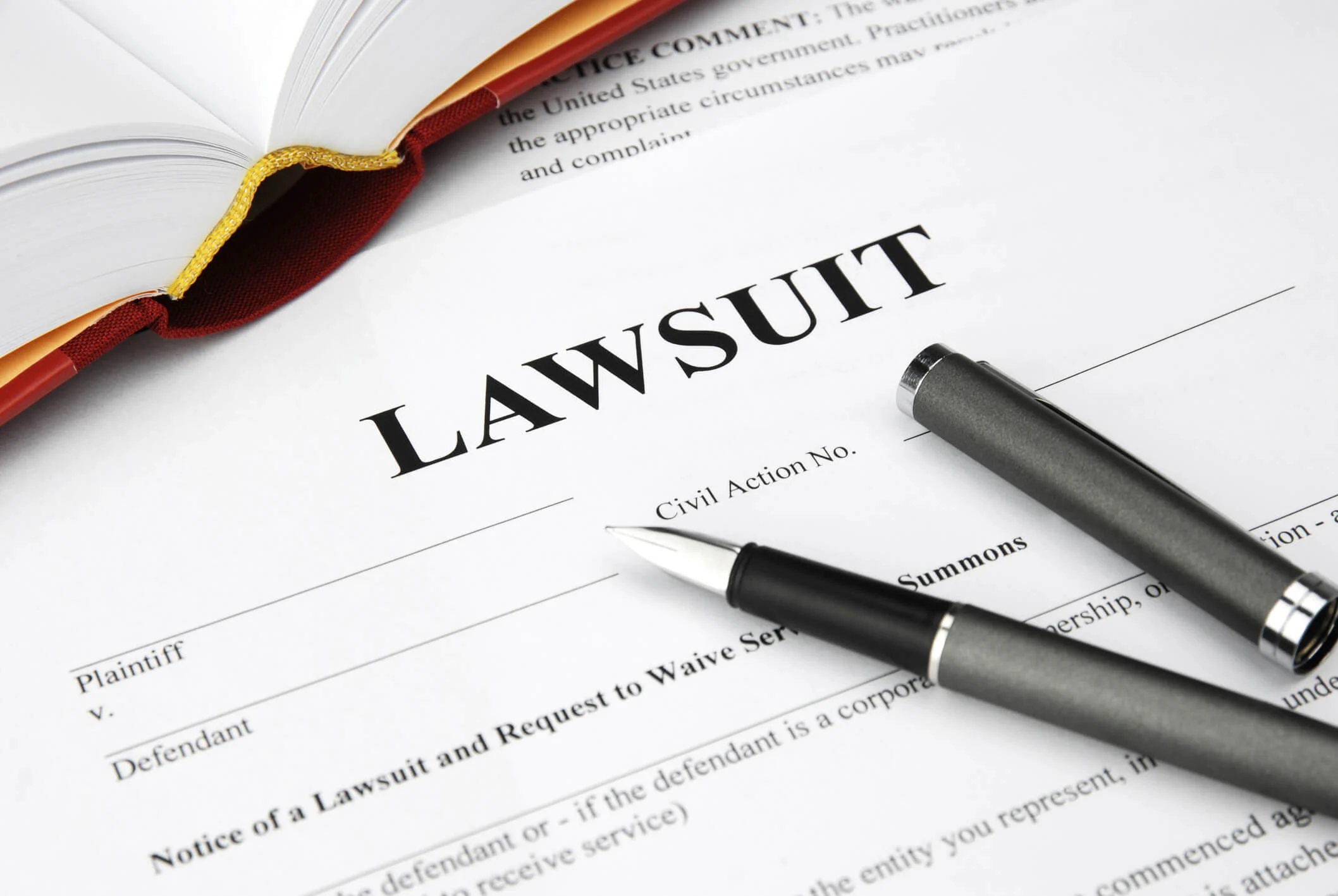.
Jane Perez of Virginia went to the internet to express her displeasure with Christopher Dietz’s work on her recently acquired property. Dietz, a contractor, has filed a $750,000 defamation lawsuit in reaction to the negative Yelp review and comparable Angie’s List complaints in which Perez accused Dietz of causing damage to her house and stealing jewels. A Fairfax County court issued a preliminary order forcing some claims to be removed from internet reviews, but the defamation problems remain unresolved.

Professionals depend on their overall rating to acquire new business as customers rely more on online review services . According to a 2011 Harvard Business School study on Seattle eateries, a one-star rise in a restaurant’s overall rating on Yelp resulted in a 5 to 9 percent boost in sales.
This case is only one of a growing number of legal proceedings stemming from internet customer ratings. While First Amendment supporters consider these cases as an infringement on free expression, company owners think that they must take action when a bogus review substantially harms their brand. Individual reviewers may be sued for defamation under the Communications Decency Act of 1996, which shields online review services against lawsuits based on information uploaded by its users. Defamation laws vary by state, but Virginia law defines defamation as a false remark about a person or corporation that harms the subject’s reputation.
According to a Washington Post report, litigation based on unfavourable internet evaluations may result in massive payouts. A California technology corporation’s 2012 lawsuit resulted in a $1.6 million verdict against a blogger who accused the company of stealing money from business associates. In contrast, failed lawsuits may cost company owners money as well. A California court ordered a dentist to pay the legal bills of a patient who sued for defamation due to a bad Yelp review in 2011. In this case, Dietz’s lawsuit has already prompted several comments from users who claim they would be hesitant to hire a contractor who sued an unhappy client, and other dissatisfied clients have since posted negative reviews on his Yelp page, none of which can be removed without Dietz filing additional lawsuits.
Copy and paste this <iframe> into your site. It renders a lightweight card.
Preview loads from ?cta_embed=1 on this post.